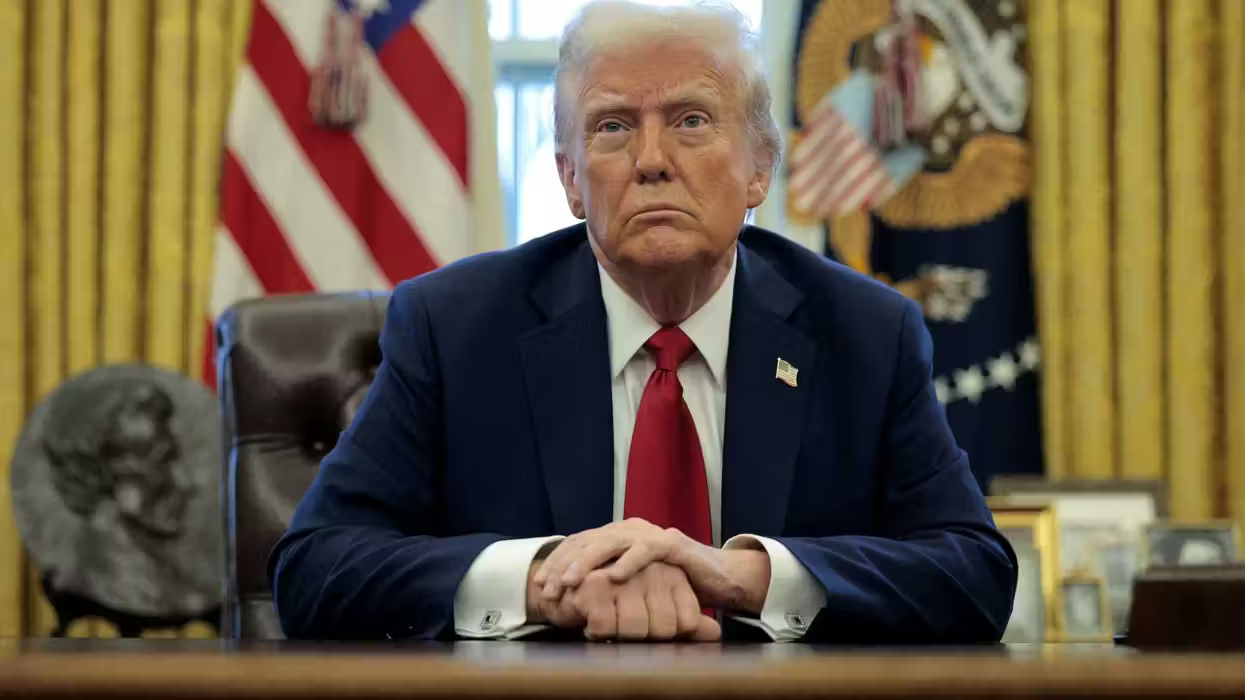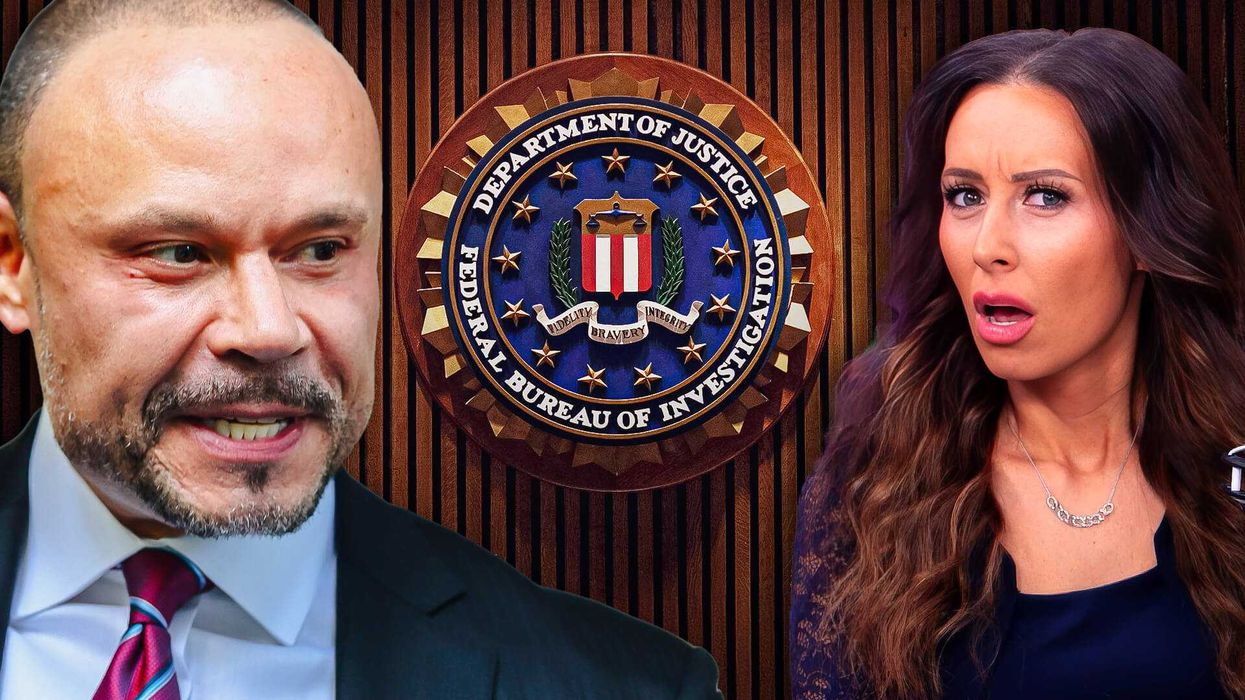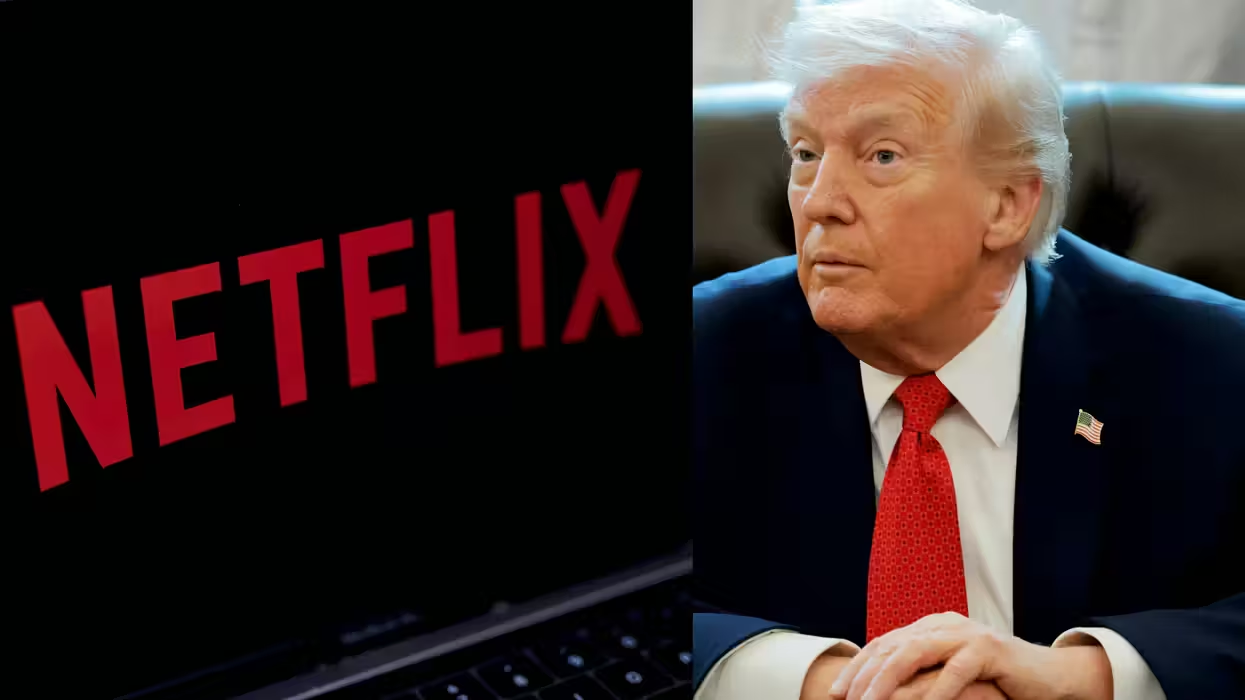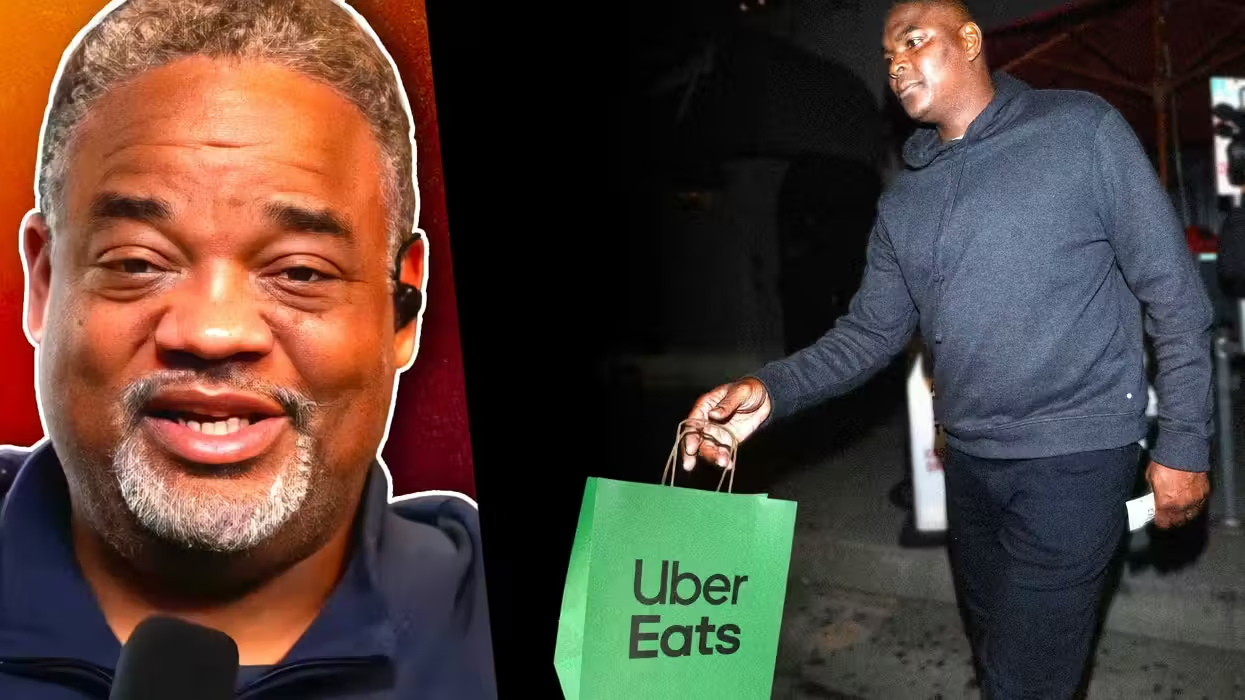
© 2025 Blaze Media LLC. All rights reserved.
Black Conservative Writer Describes Getting Disinvited From College Speaking Engagement — and the Reason May Annoy You Just a Bit
May 04, 2016
"Profiles in campus courage."
Jason L. Riley, a Wall Street Journal columnist and author of "Please Stop Helping Us: How Liberals Make It Harder for Blacks to Succeed,” is only too aware of how progressives on college campuses have been clamping down harder and harder on the expression of conservative viewpoints.
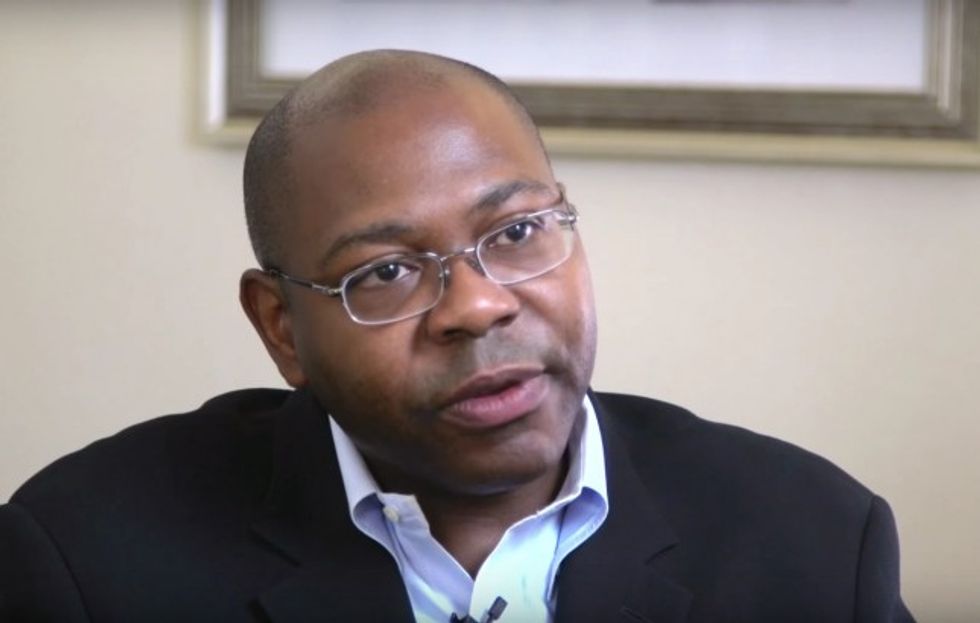
And not just among students. While Riley has witnessed conservative professors as well as administrators become endangered species, he also knows that right-leaning voices outside college campuses are being turned away.
In his latest Wall Street Journal column, Riley lays it out:
In more recent years the intimidation has not only continued but intensified. A lecture on crime prevention by former New York City Police Commissioner Ray Kelly was canceled after Brown University students booed him off the stage. Scripps College in California invited and then disinvited Washington Post columnist George Will for criticizing ever-expanding definitions of criminal assault.Planned commencement addresses by former Secretary of State Condoleezza Rice (Rutgers University), human-rights activist Ayaan Hirsi Ali (Brandeis University) and International Monetary Fund head Christine Lagarde (Smith College) were scuttled by faculty and student protesters, who cited Ms. Rice’s role in the Iraq war, Ms. Ali’s criticism of radical Islam and the IMF’s rules for lending countries money.
And now you can count Riley among them.
"Last month I was invited by a professor to speak at Virginia Tech in the fall," he wrote in his Journal column. "Last week, the same professor reluctantly rescinded the invitation."
And the prof's reason?
Riley said there were "concerns from his department head and other faculty members that my writings on race in The Wall Street Journal would spark protests."
To which Riley quipped, "Profiles in campus courage."
More from his column:
The Obama presidency, high-profile police shootings, the rise of the Black Lives Matter movement and the national debate surrounding mass incarceration have led to more invitations from schools to offer my opinion on race relations. Many of the students I encounter tend to believe that white racism largely explains racial disparities in the U.S. I encourage them to consider other possible explanations given black history. Large parts of these speeches are devoted to what was happening in black America in the first half of the 20th century with respect to employment, schooling, crime and parenting and why so many positive black trends either slowed dramatically or reversed course beginning in the 1960s.Students who disagree with my lectures don’t hesitate to speak out during the Q&A. The back-and-forth is spirited but civil, and I have never been shouted down or physically threatened.
Still, a disinvitation at some point may have been inevitable. The Foundation for Individual Rights in Education (FIRE), which fights campus censorship, has compiled a “disinvitation database” that dates to 2000 and today includes nearly 300 incidents. According to FIRE, the “number of ‘disinvitation incidents’—i.e., efforts to prevent invited speakers from conveying their message on campus—has risen dramatically.”
[sharequote align="center"]"Profiles in campus courage."[/sharequote]
Riley added that when he's spoken at schools at the request of conservative students, they're relatively quiet during Q&A segments, which are typically dominated by liberal students and professors.
“Being too outspoken would just make it more difficult,” Riley recalled a Wellesley student once telling him. “You get to leave when you’re done. We have to live with these people until we graduate.”
Indeed, Riley shared that last month before his speech at the University of North Carolina at Chapel Hill, the college Republicans who invited him made sure to clear his name with liberal student groups “to make sure they wouldn’t be upset.”
"We’ve reached a point where conservatives must have their campus speakers preapproved by left-wing pressure groups," Riley concluded. "If progressives aren’t already in absolute control of academia, they’re pretty close."
Check out Riley's interview with Reason TV on his "beef with the black left":
Want to leave a tip?
We answer to you. Help keep our content free of advertisers and big tech censorship by leaving a tip today.
Want to join the conversation?
Already a subscriber?
Sr. Editor, News
Dave Urbanski is a senior editor for Blaze News.
DaveVUrbanski
more stories
Sign up for the Blaze newsletter
By signing up, you agree to our Privacy Policy and Terms of Use, and agree to receive content that may sometimes include advertisements. You may opt out at any time.
Related Content
© 2025 Blaze Media LLC. All rights reserved.
Get the stories that matter most delivered directly to your inbox.
By signing up, you agree to our Privacy Policy and Terms of Use, and agree to receive content that may sometimes include advertisements. You may opt out at any time.



